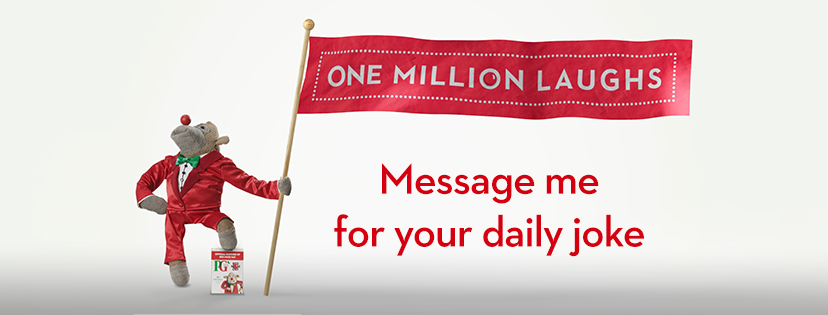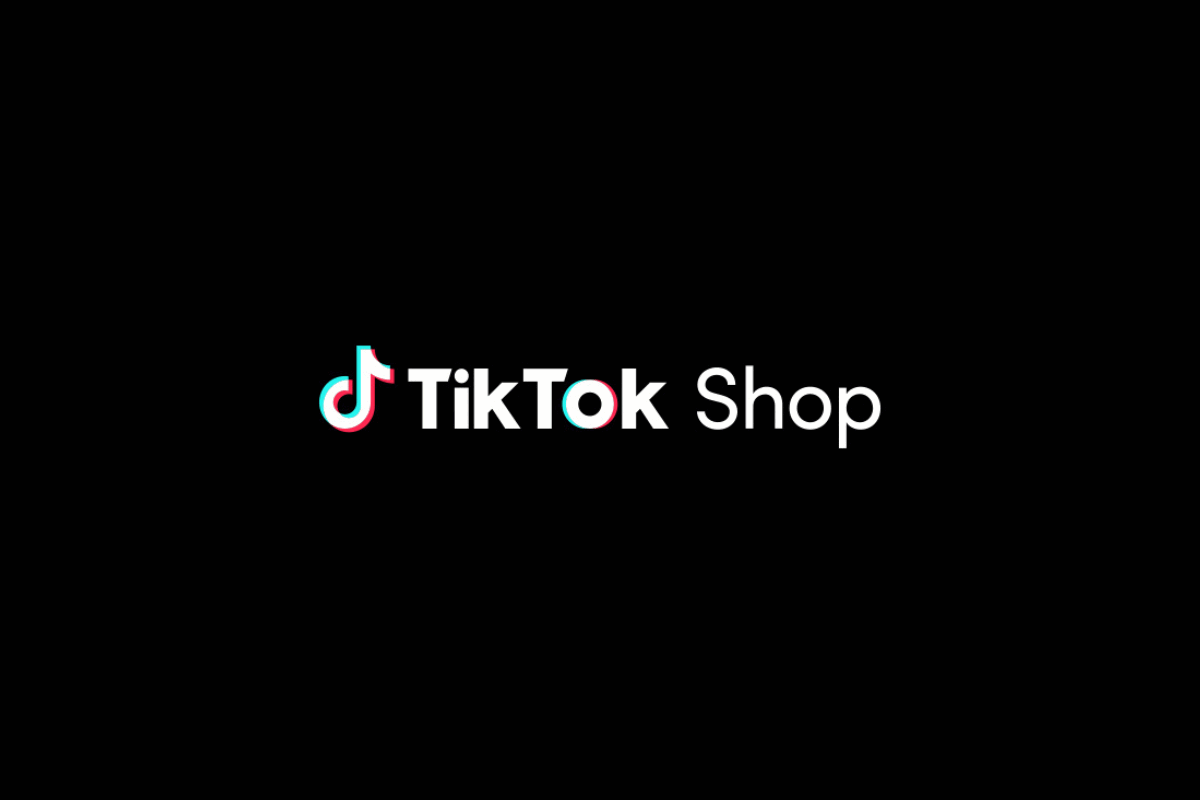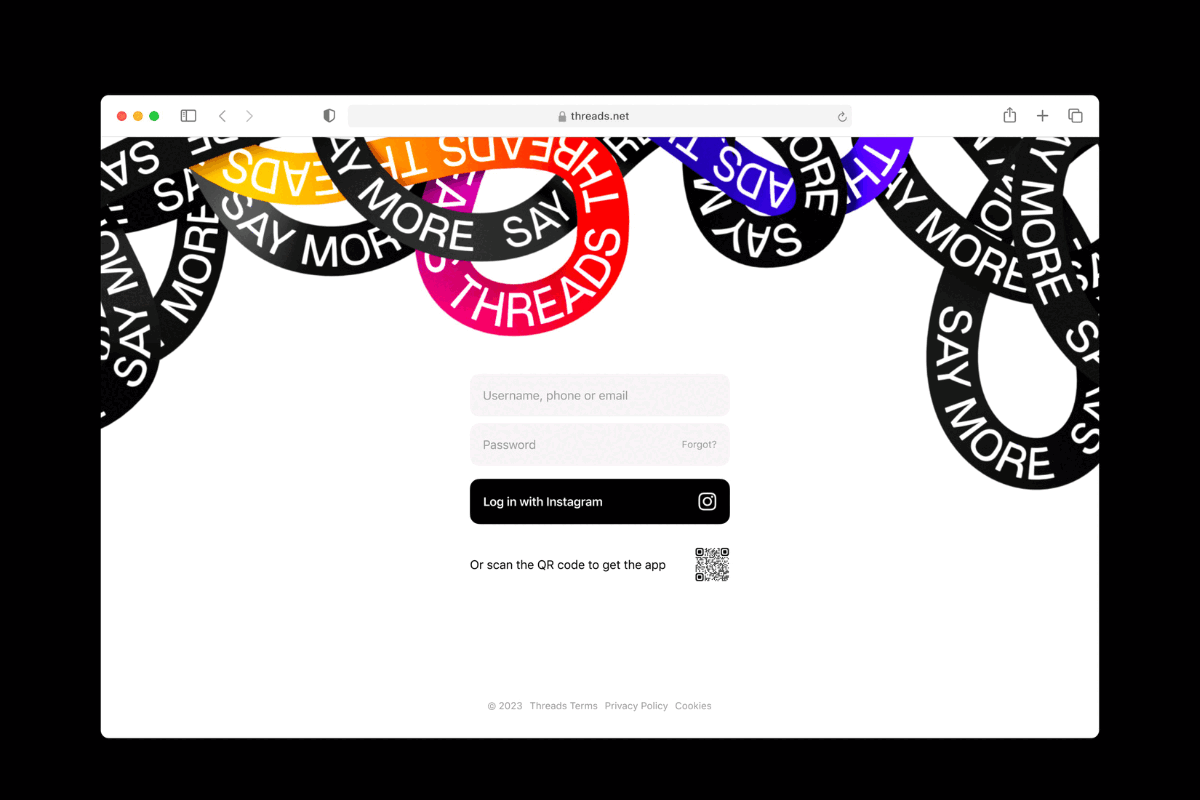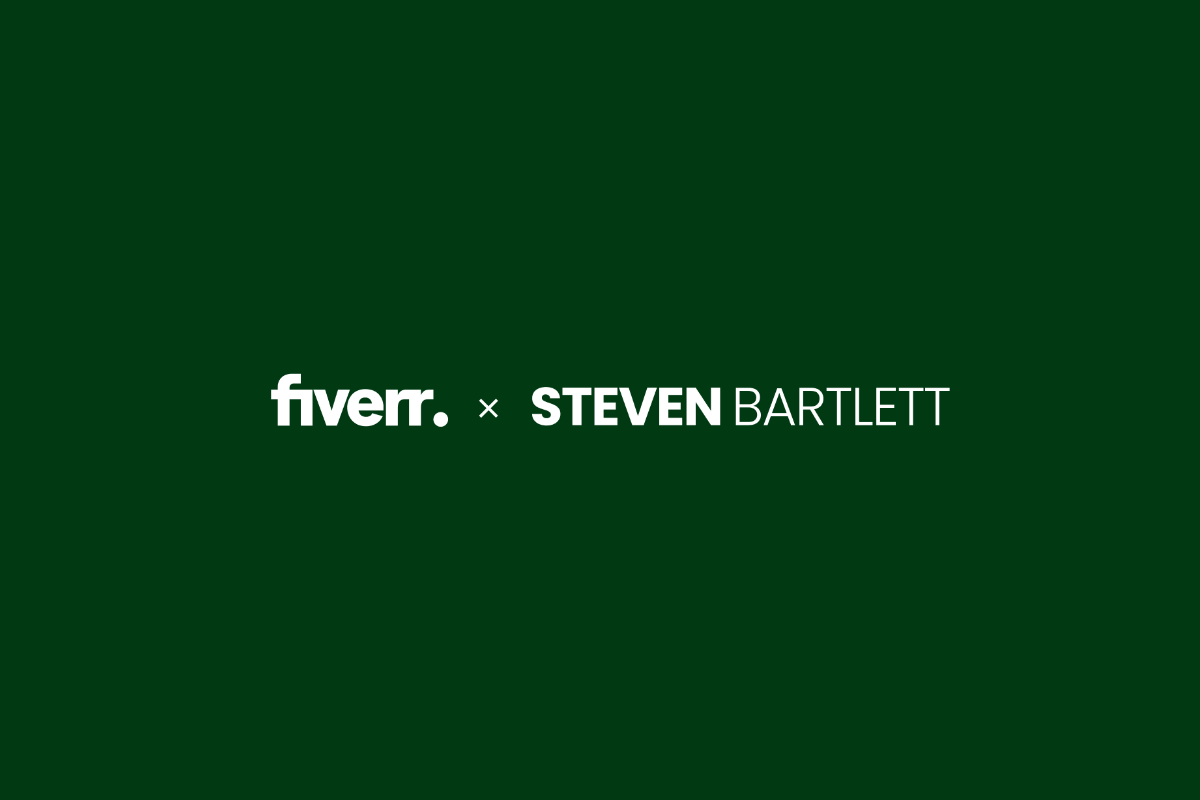Unilevers PG Tips introduces Monkey chatbot for Comic Relief
- Friday, March 10th, 2017
- Share this article:
 Unilever tea brand PG Tips has entered the realm of the chatbot with the introduction of its famous Monkey on Facebook Messenger for Comic Relief.
Unilever tea brand PG Tips has entered the realm of the chatbot with the introduction of its famous Monkey on Facebook Messenger for Comic Relief.
The popular UK tea brand has teamed with AI-driven chatbot building company Ubisend to give consumers the chance to interact with its Monkey – receiving jokes and being able to donate to Comic Relief, which is on 24 March.
“Red Nose Day is all about one’s power to make the world a better place, simply by having a great time,” said Dean Withey, CEO of Ubisend. “Chatbots allow us to build entertaining personas and for this particular campaign, we were able to bring Monkey to life to generate 1m laughs with his jokes and bring joy to people’s tea breaks, while raising awareness of this important charity too. Bringing a brand persona to life through a chatbot makes people smile – which makes it so suited to a charity campaign for this nature.”
The chatbot aren’t a new premise, and have existed for many years, but, with developments in AI, brands and businesses everywhere seem to be scrambling to release their own bots. Recently, we have seen the likes Liongate’s Power Rangers, Vogue, Fifty Shades of Grey, and many more, board the chatbot ship.
Withey believes the influx of chatbots is down to the technology now being at a stage where it can meet consumers’ demands and expectations.
“The conditions are ripe for chatbots right now. We’re in the middle of a perfect storm where technology can match or exceed consumers’ expectations of how brands should interact with them,” he said. What’s more, humans are now more willing to talk to businesses via new channels than ever before. These days, consumers demand instant responses and personal experiences from brands, more so than ever before. Meeting this demand can be achieved at scale using chatbots.
“In addition to helping brands deliver more reliable and efficient customer experiences, the fact that chatbots delight users is another factor behind their growing popularity.”
















